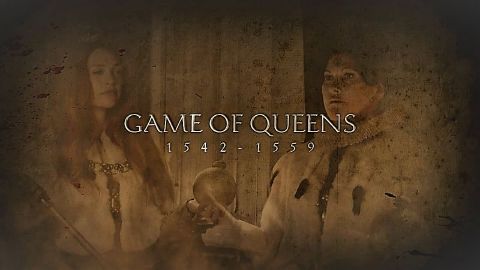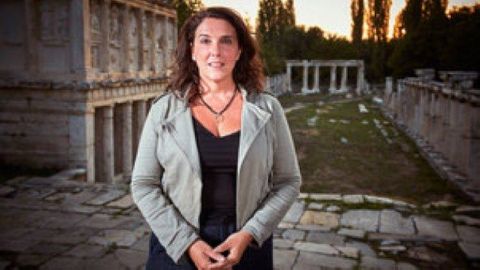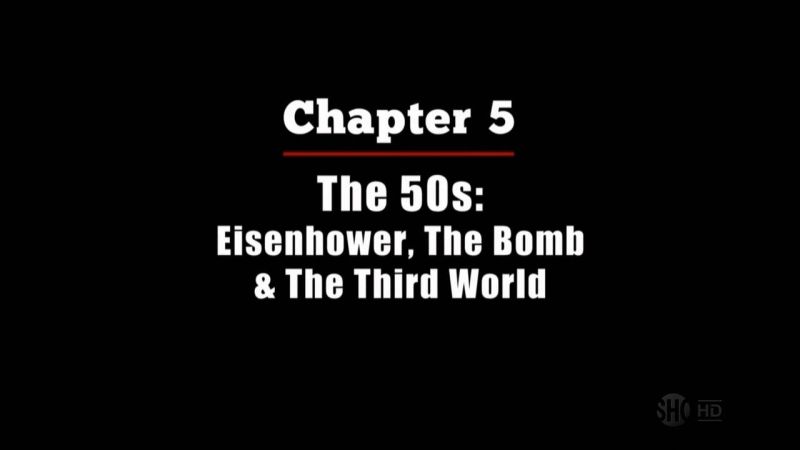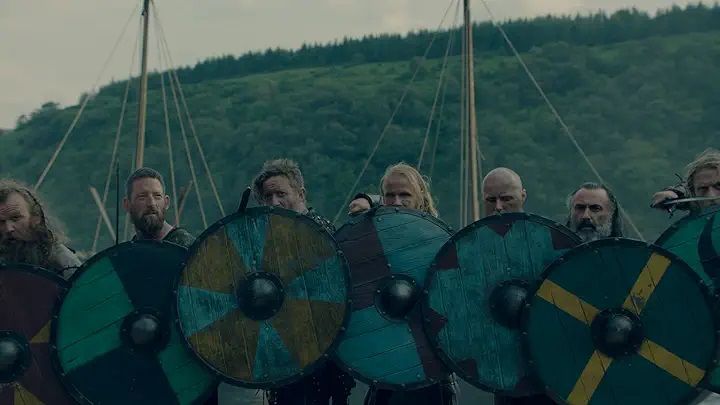The King Who Tricked Hitler • 2017
This is one of the last and greatest untold stories of the Second World War, revealed by the last surviving Chief of State, King Michael I of Romania. “We took the train to Berlin to see the other side of the coin and we had lunch with Hitler. It wasn’t an enjoyable meeting.” It is the story of a King’s decision who, in a critical moment of the Second World War, relinquished Germany’s support, guiding Romania towards the Allies, thus bringing about a quicker end to the war. It is a story of palatial intrigues. And a story of deceptions. From Buckingham Palace to Bucharest. From Moscow to Washington. Lost diplomatic signals, aristocrat spies and blackmail at gun point. And the courage of a young king who dared. Romania, at the outbreak of the Second World War, was a very young nation, with an age of only 20 years.
Make a donation
Buy a brother a hot coffee? Or a cold beer?
Hope you're finding these documentaries fascinating and eye-opening. It's just me, working hard behind the scenes to bring you this enriching content.
Running and maintaining a website like this takes time and resources. That's why I'm reaching out to you. If you appreciate what I do and would like to support my efforts, would you consider "buying me a coffee"?
Donation addresses
BTC: bc1q8ldskxh4x9qnddhcrgcun8rtvddeldm2a07r2v
ETH: 0x5CCAAA1afc5c5D814129d99277dDb5A979672116
With your donation through , you can show your appreciation and help me keep this project going. Every contribution, no matter how small, makes a significant impact. It goes directly towards covering server costs.





